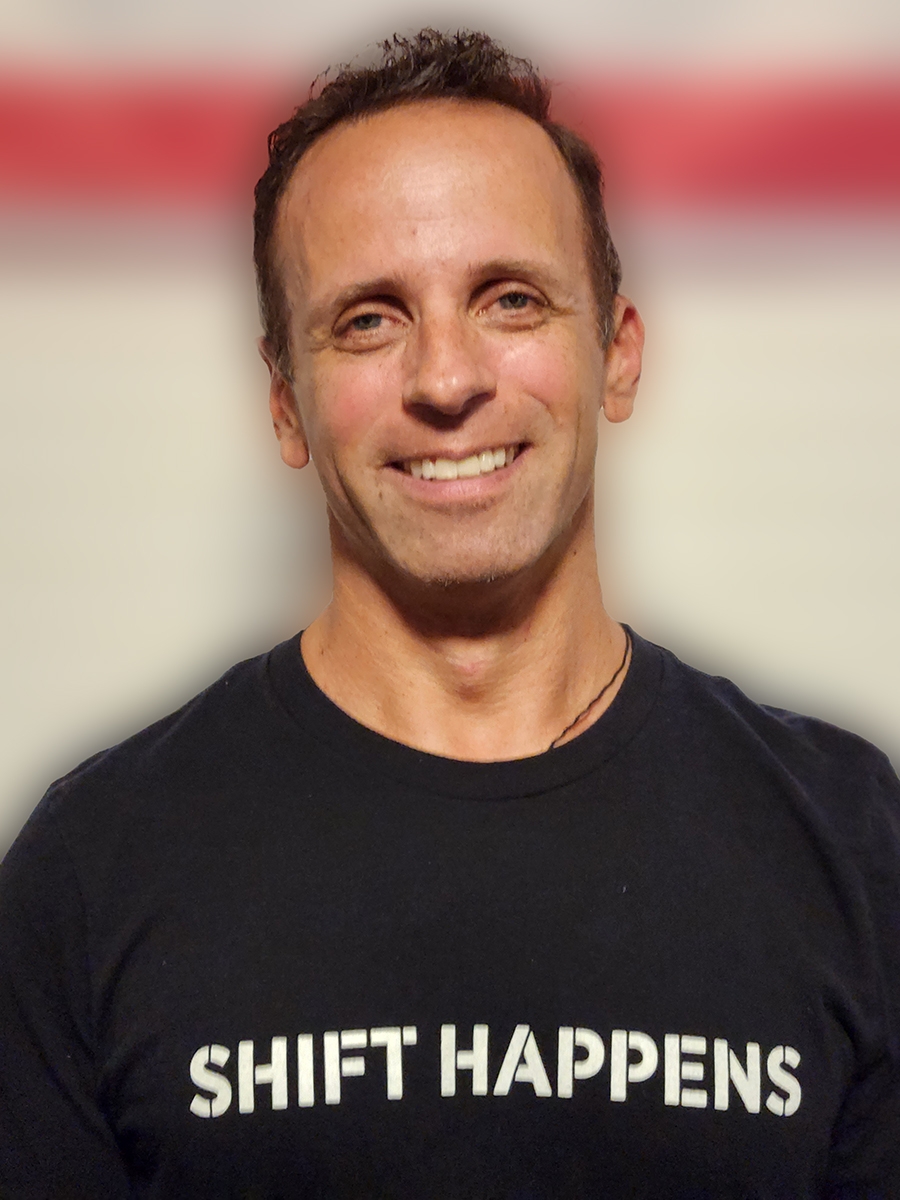Firefighter Daniel Goldstein Continues to Rescue… Himself
Daniel (Dan) Goldstein, a Marine Corps combat veteran and career firefighter-paramedic, faced a life-altering incident at work. Following the accident, Daniel encountered numerous challenges in his recovery. Undeterred, he promotes the importance of self-advocacy and the need to lean on trusted professionals to make sense of a complicated healthcare system.
“I wish I’d known about such therapeutic programs and advocacy groups early in my recovery. They’re profoundly valuable and I would have understood what I needed to do and where to turn.”
Firefighter Daniel Goldstein Continues to Rescue… Himself
Daniel (Dan) Goldstein, a Marine Corps combat veteran and career firefighter-paramedic, faced a life-altering incident at work. Following the accident, Daniel encountered numerous challenges in his recovery. Undeterred, he promotes the importance of self-advocacy and the need to lean on trusted professionals to make sense of a complicated healthcare system.
“I wish I’d known about such therapeutic programs and advocacy groups early in my recovery. They’re profoundly valuable and I would have understood what I needed to do and where to turn.”
Dan will tell his story of challenge, determination, gratitude, and transcendence at the Brain Injury Alliance’s virtual Brain Health Leadership Breakfast: Back to Business on Friday, October 20, 2023.
This prestigious annual breakfast continues to be a beacon for businesses, the medical community, and advocacy support organizations to work together as one. Presenters embrace their roles as guides for C-suite executives welcoming new and returning employees with various forms of brain injury. This includes those recovering from life-altering events such as stroke, physical trauma, overdose, and mental health conditions such as post-traumatic stress. Experts will explore how all systems can work together in a more integrated fashion.
Carrie Collins, CEO of the Brain Injury Alliance, says, “We are honored to have a hero like Dan tell his story and offer guidance for employers and employees trying to effectively endure a brain injury. Instead of dwelling on the negatives, we want to provide actionable recommendations that are proven to work for all. They say everyone’s brain injury is unique, but there is so much we can learn from each other.”
Dan developed a deep sense of duty through his commitment as a Sergeant in the United States Marine Corps, also serving in the Persian Gulf War. Following military service, he earned a bachelor’s degree in exercise physiology from Arizona State University while working as a full-time gymnastics coach. Recognizing his intrinsic desire for adrenaline adventure and problem-solving in a team-based atmosphere, Dan pursued a firefighting career, earning his position with the Chandler Fire Department. He now serves as a firefighter engineer/paramedic on an aerial ladder apparatus and is an active member of the technical rescue team.
Several years ago, Daniel Goldstein was struck in the head by an eight-foot section of steel that blasted loose due to 100 psi of air pressure against failed steel clasps. The impact caused traumatic brain injury, along with facial and dental trauma requiring surgery which forever altered his life impacting his cognitive abilities, including memory and emotional well-being. Daily challenges include difficulty with communication, concentration, chronic insomnia, and sleep apnea. His path to recovery was further hindered by the lack of advocacy offered by entities entrusted with his care. Rather than succumbing to despair and frustration, Dan channeled his energy into taking responsibility for his own recovery.
Dan recalls, “For three years, I wasn’t present and lacked any capacity for joy. Life teetered between the past and future, never settling on the moment.” As part of his journey, he learned how to embrace discomfort by increasing his capacity to endure challenges and struggles. Dan’s prolonged treatment involved many practitioners and therapeutic modalities, including neurologist, psychiatrist, facial and dental surgeons, occupation, speech, and vision therapy, and counseling.
Further exacerbating his recovery, he lost his 20-year-old son Braxton to fentanyl poisoning, his parents, and two dogs. In his ongoing pursuit of wellness, Dan engages in numerous regulatory practices such as breathwork, cold plunge, rock climbing, music, and art.
Through investigation and networking with peers, Dan discovered various resources like the Brain Injury Alliance of Arizona. “I wish I’d known about such therapeutic programs and advocacy groups early in my recovery. They’re profoundly valuable and I would have understood what I needed to do and where to turn.”
In retrospect, Dan would have sought alternative care, free from the constraints imposed by a third-party Workmen’s Compensation Case Management service . “I should have sought representation. Rapidly returning to work was just the start of a bumpy journey. I still had a long road of recovery that was not considered since I requested to return to duty. A large responsibility of being a firefighter is serving as a professional advocate for patients and citizens. When misfortune strikes, like illness or injury, we must become our own advocates to navigate a system that can be convoluted and ineffective.”
Today, Dan strives to remain in the present, allowing trauma to shape his future purpose and passions.
To hear Dan speak at the virtual BIAAZ Brain Health Leadership Breakfast: Back to Business
ABOUT BRAIN INJURY ASSOCIATION OF ARIZONA
The Brain Injury Association of Arizona (BIAAZ) is the only statewide nonprofit organization dedicated to improving the lives of adults and children with all types of brain injuries through prevention, advocacy, awareness and education. BIAAZ also houses the Arizona Brain Health Resource Center, a collection of educational information and neuro-specific resources for brain injury survivors, caregivers, family members and professionals.
What began in 1983 as a grassroots effort has grown into a strong statewide presence, providing valuable life-long resources and community support for individuals with all types of brain trauma at no charge.







